Photography – Starter kit for beginners
29/04/2022 2022-04-29 10:28Photography – Starter kit for beginners
Starter kit for beginners in Photography is here for you to know. Planning to pursue a professional course to learn photography? You’ll need to get set up with all the right equipment. It can be tricky to decide which ones you’ll be able to explore to your full potential. You’ll want to invest in some professional items that will allow you to learn and work effortlessly but a fair warning, don’t invest until you know what you are good at.
So, what do you need to be a professional photographer? Here are the 9 essentials every pro-photographer should own to be a pro and ace their time. This beginners kit will not only be your life-line throughout the course, but it will also help you in securing jobs or freelancing after you graduate.
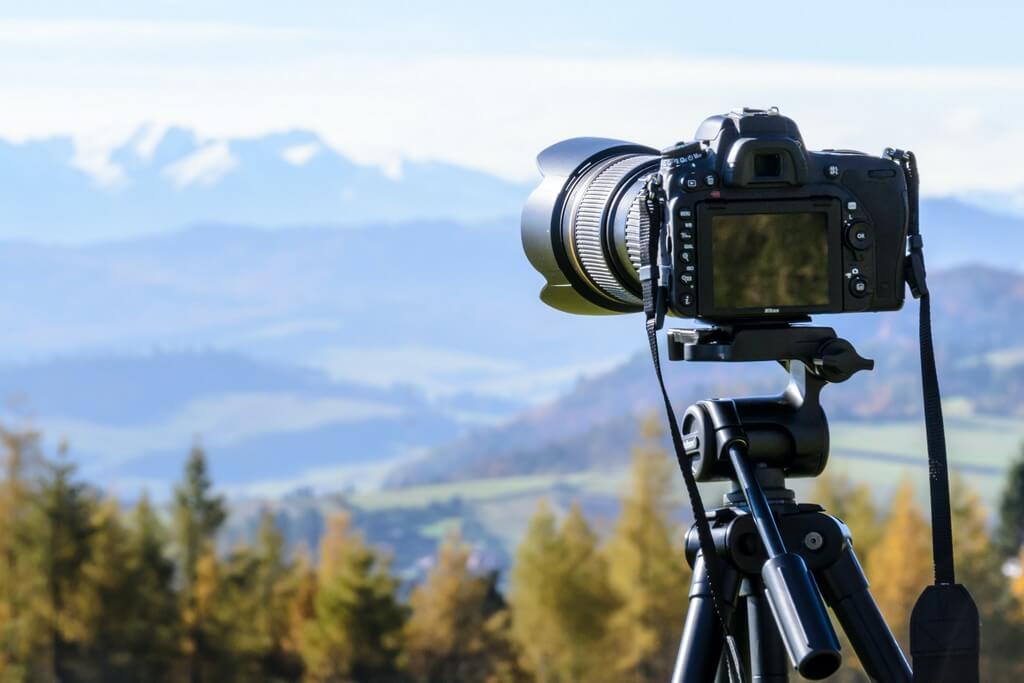
1. Camera – Well, the most obvious one listed for your benefit. A professional camera. The best recommendation from the industry, for a beginner, is that your camera should be an interchangeable lens camera. Students should consider purchasing the camera body separately, i.e., without the kit lens. Full Frame sensor gives you an edge when setting up for a professional business or a job.
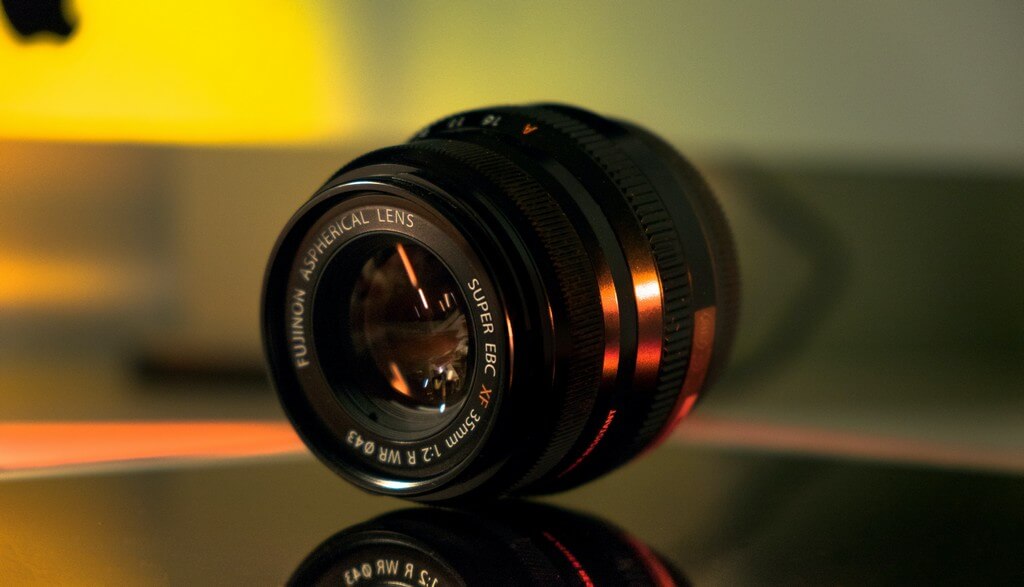 2. Lenses – The second most essential thing on your list for a beginner’s kit is lenses. Do consult with a professional or wait for your lectures to begin before you invest in one. A high quality, medium range, zoom lens is recommended, covering a range of 24-70mm.
2. Lenses – The second most essential thing on your list for a beginner’s kit is lenses. Do consult with a professional or wait for your lectures to begin before you invest in one. A high quality, medium range, zoom lens is recommended, covering a range of 24-70mm.
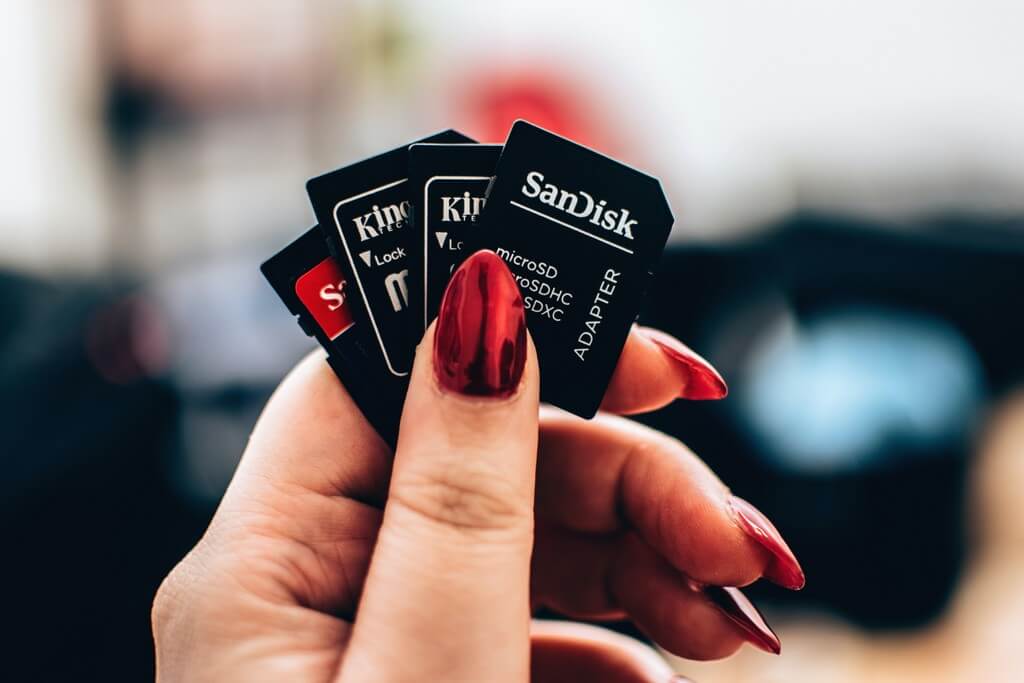 3. Memory Cards – The more memory, the better. You will not have to constantly worry about filling up your memory and having to switch for a different one, when the beautiful sunrise that you needed to click might slip away by noon. Two 16 Gigabyte High Speed memory cards or one 32 Gigabyte High Speed memory card, and a USB card reader.
3. Memory Cards – The more memory, the better. You will not have to constantly worry about filling up your memory and having to switch for a different one, when the beautiful sunrise that you needed to click might slip away by noon. Two 16 Gigabyte High Speed memory cards or one 32 Gigabyte High Speed memory card, and a USB card reader.
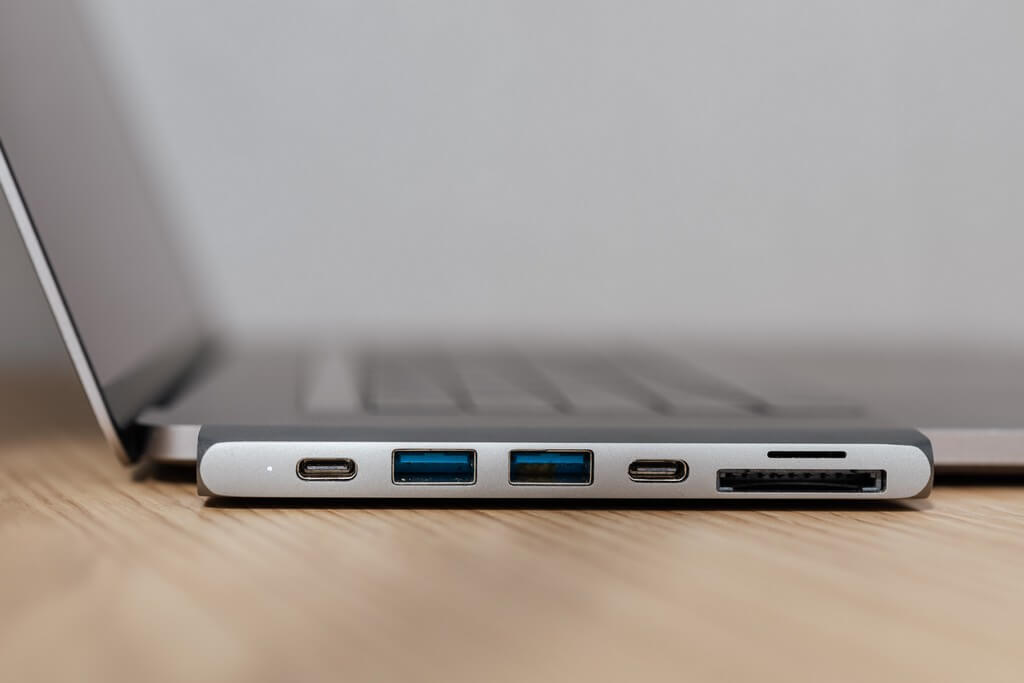 4. Card Reader – Card reader is essential, if your laptop already doesn’t come with one. It may seem like something you can get away without having, but trust us; a card reader is one of the most useful tools for photographers for you to transfer a lot of images. Look for one with fast transfer speeds which makes the process quick and painless.
4. Card Reader – Card reader is essential, if your laptop already doesn’t come with one. It may seem like something you can get away without having, but trust us; a card reader is one of the most useful tools for photographers for you to transfer a lot of images. Look for one with fast transfer speeds which makes the process quick and painless.
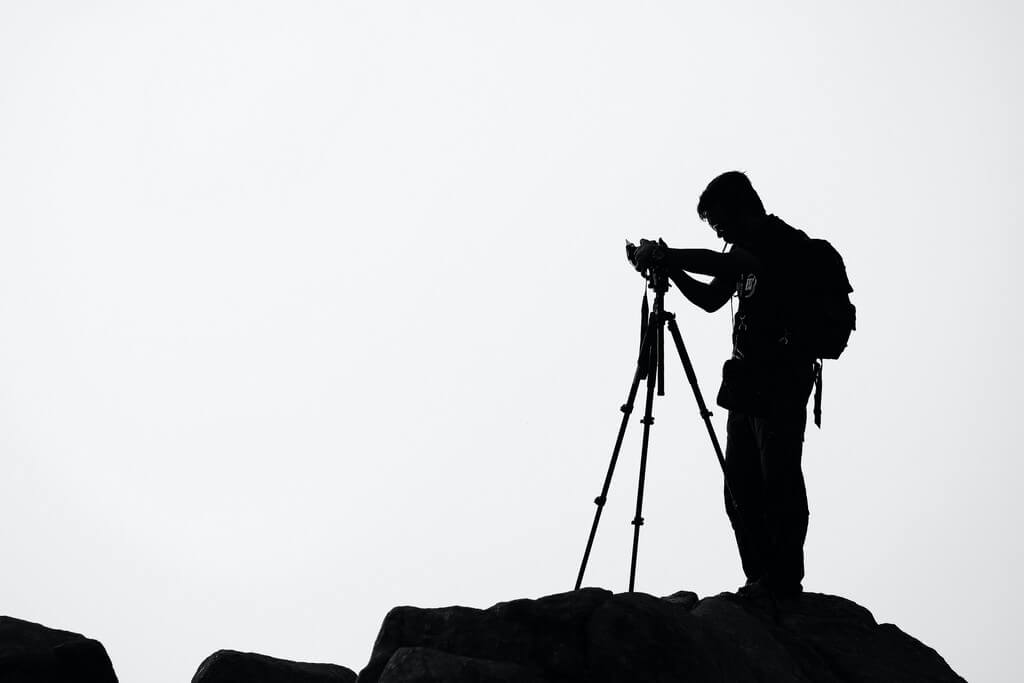 5. Tripod – Tripods are used for both still and motion photography to prevent camera movement. They are necessary when slow-speed exposures are being made, or when lenses of extreme focal length are used, as any camera movement while the shutter is open will produce a blurred image.
5. Tripod – Tripods are used for both still and motion photography to prevent camera movement. They are necessary when slow-speed exposures are being made, or when lenses of extreme focal length are used, as any camera movement while the shutter is open will produce a blurred image.
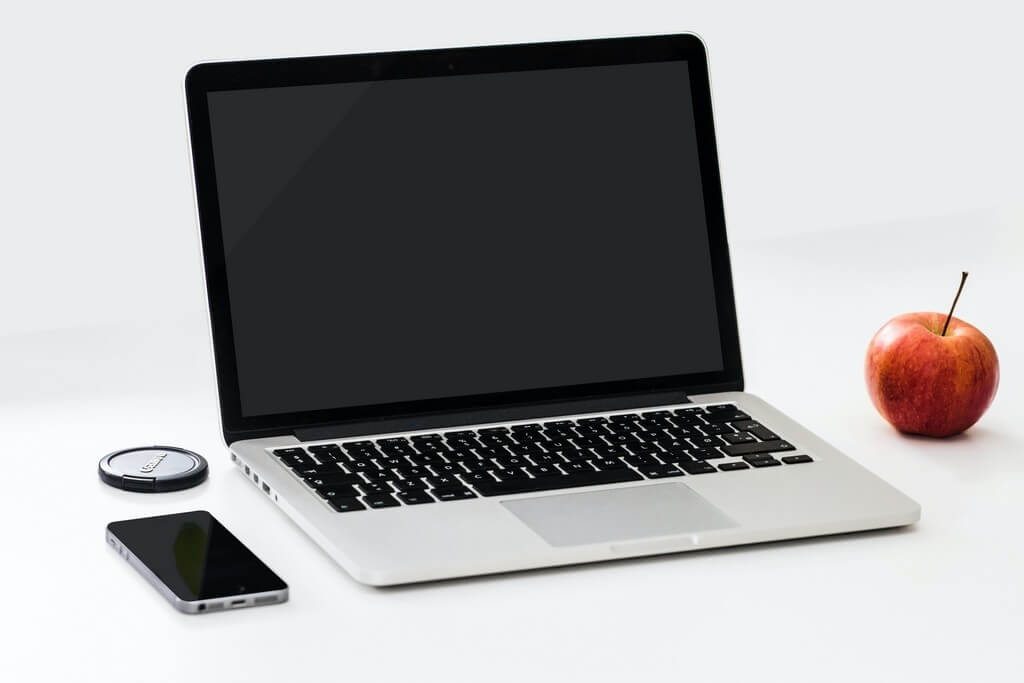 6. Laptop – We would recommend that you own a high performance laptop and a portable external hard drive to support your work as you learn to edit and enhance the pictures. The hard drive helps you seamlessly shuttle between different work assignments.
6. Laptop – We would recommend that you own a high performance laptop and a portable external hard drive to support your work as you learn to edit and enhance the pictures. The hard drive helps you seamlessly shuttle between different work assignments.
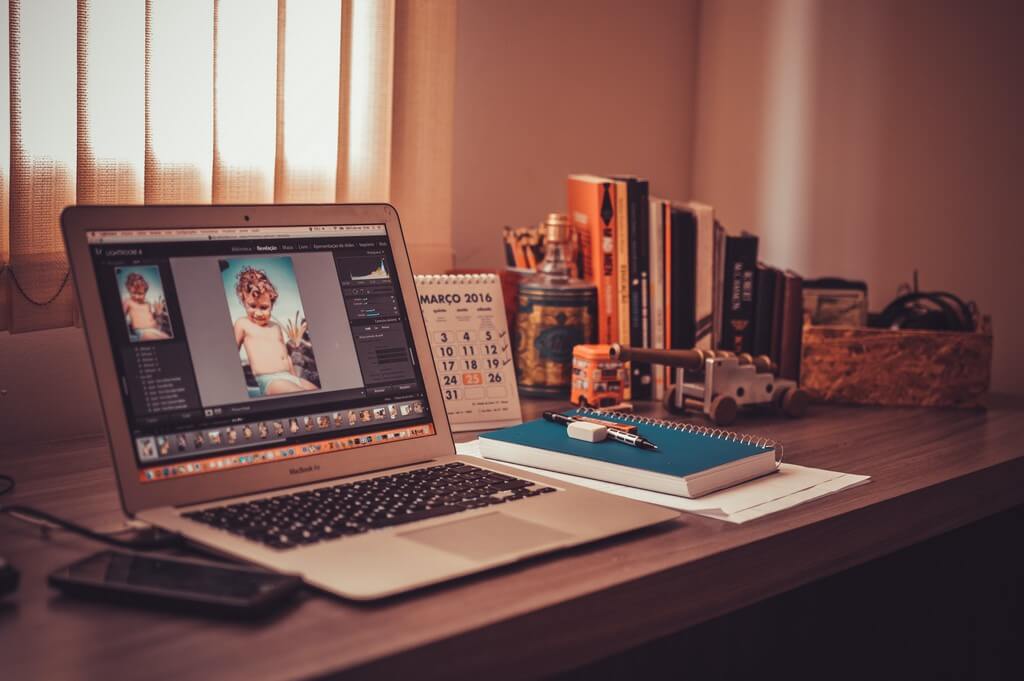 7. Post processing software – Go the extra mile for a creative, dazzling and thoughtful picture. Adobe photography suite helps you create photos that look just the way you want, anywhere you are. Learn to blend and mash up photos, graphics, effects and colours. Draw with digital brushes, spray-paint a wall or watch watercolours bloom. From beautiful images to fantastical graphics and art, Photoshop can help you to make whatever you can imagine a reality.
7. Post processing software – Go the extra mile for a creative, dazzling and thoughtful picture. Adobe photography suite helps you create photos that look just the way you want, anywhere you are. Learn to blend and mash up photos, graphics, effects and colours. Draw with digital brushes, spray-paint a wall or watch watercolours bloom. From beautiful images to fantastical graphics and art, Photoshop can help you to make whatever you can imagine a reality.
8. Colour Checker – Learn to use a colour checker. It is a colour chart with gradated colours that when used with software after you take the picture, can help you get your white balance to look nice in your photos. Take your shot as you normally do. Set up your shot by getting your props sorted out, and placed where you want them.
9. Photographic filters — The filters generally screw or snap on to the front of the lens to change the properties of the light entering the optics. There are many different types of filters available, but the more common ones that photography students might need include polarisers, Neutral Density (ND) or colour filters. Clear, UV or Skylight filters are used more to protect the front element of the lens rather than add any particular effects, so it may be a worthwhile investment if you are worried about damaging your equipment. After all, it’s better to break a cheap filter than an expensive lens.
Before buying, check the filter thread of your lens (often written on the inside of your lens cap) for the lens diameter measurement. Some common filter thread sizes are 52mm, 58mm, 68mm and 72mm, to give you an idea of the measurement to look for.
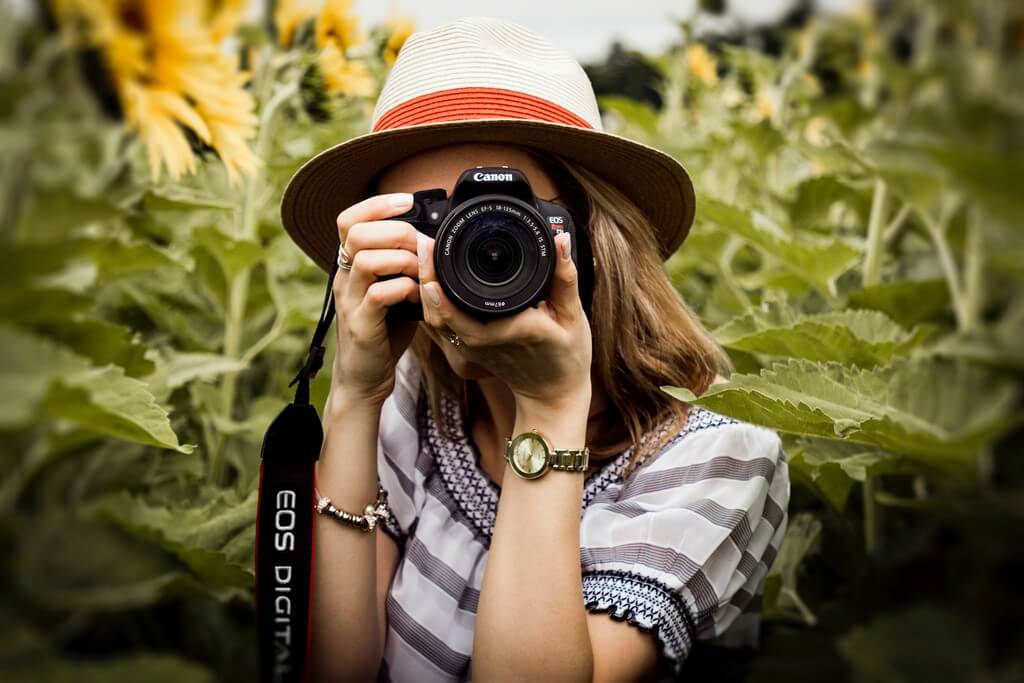 Now, you know the basics of a beginners kit for a Photography course. Choose a college that ticks all your little boxes is the best way to learn professional photography at JD Institute of Fashion Technology and be the absolute pro at the #instalife. Check the entry requirements, give us a call or walk-in and discuss your options.
Now, you know the basics of a beginners kit for a Photography course. Choose a college that ticks all your little boxes is the best way to learn professional photography at JD Institute of Fashion Technology and be the absolute pro at the #instalife. Check the entry requirements, give us a call or walk-in and discuss your options.













